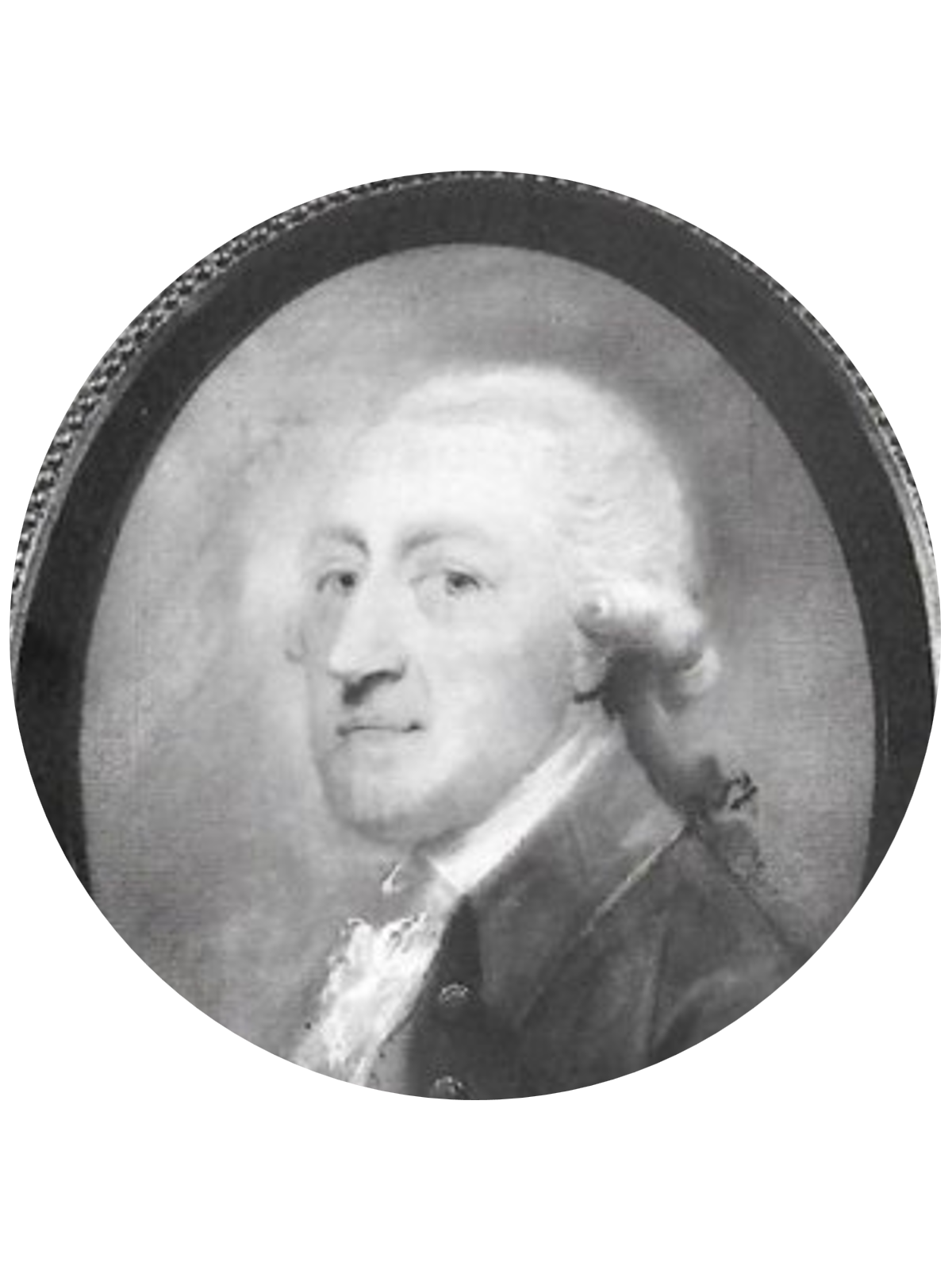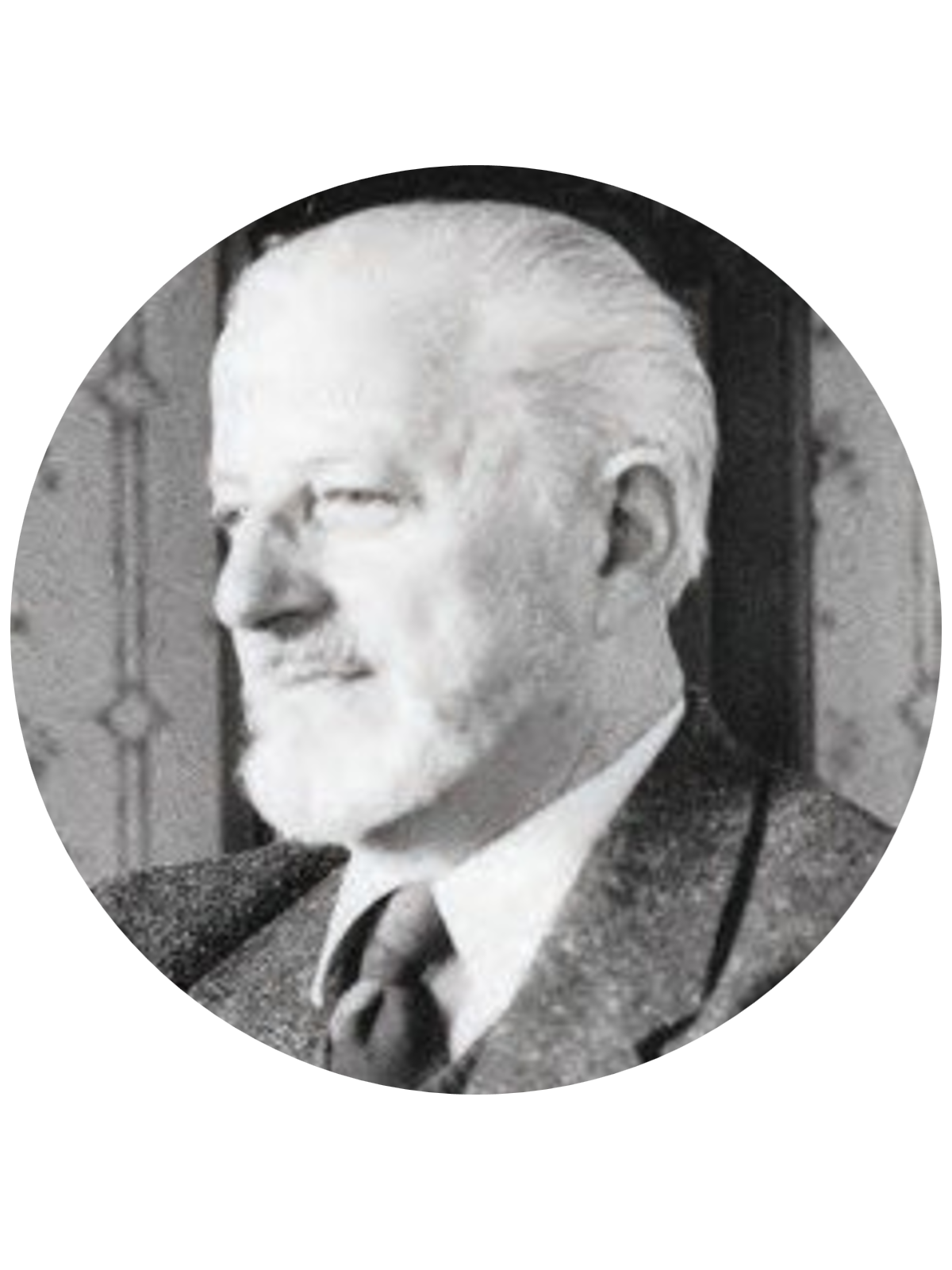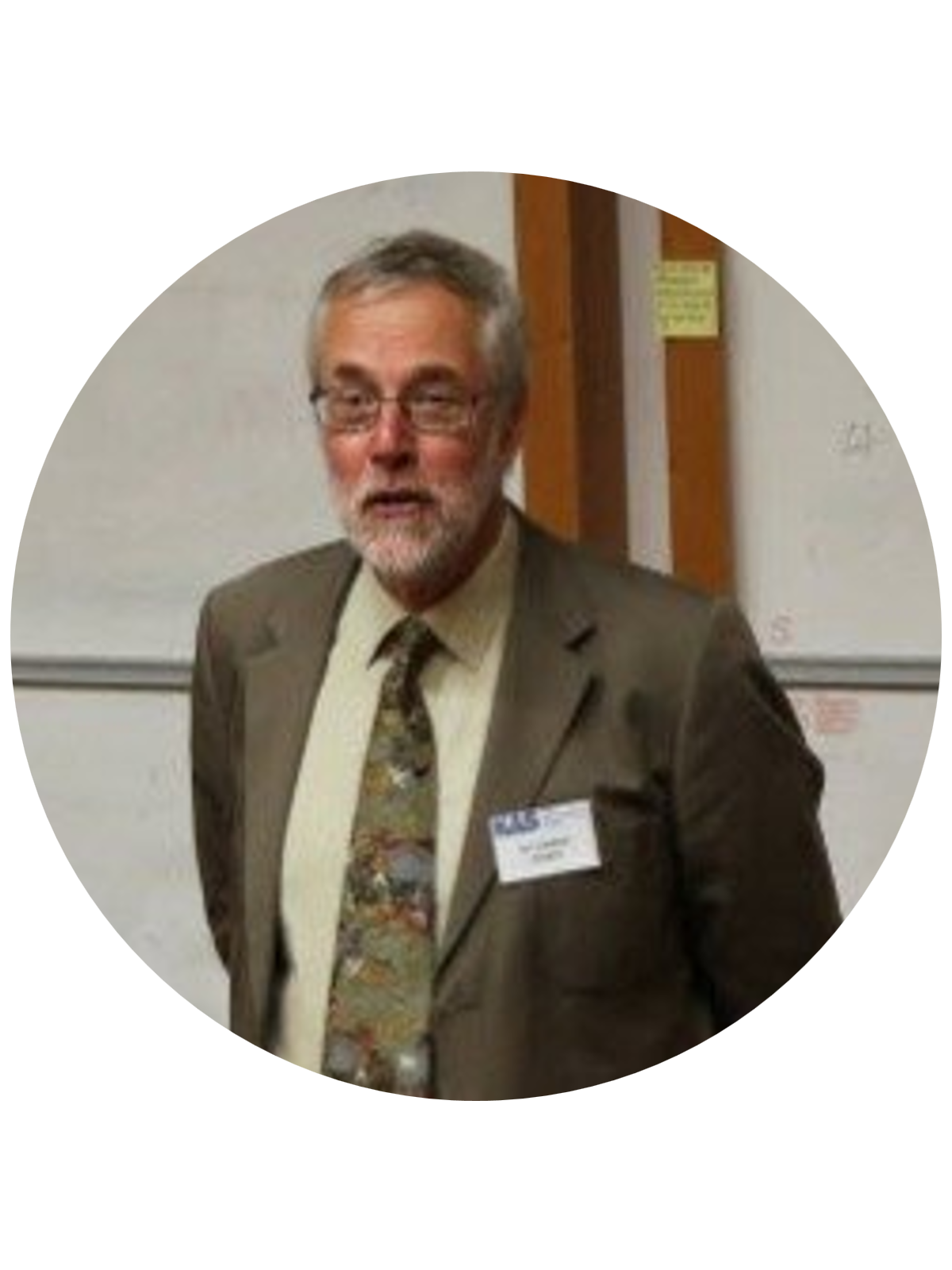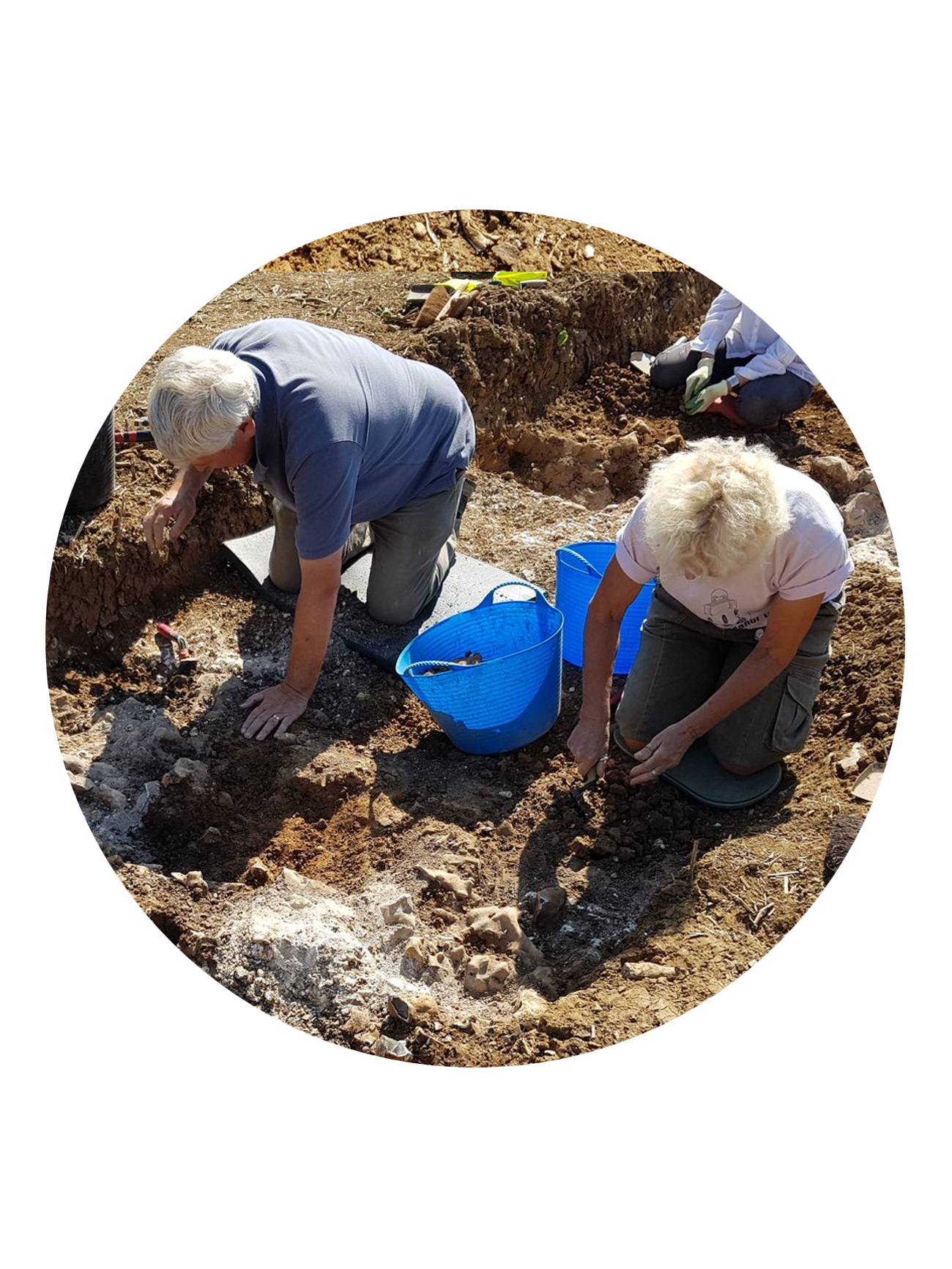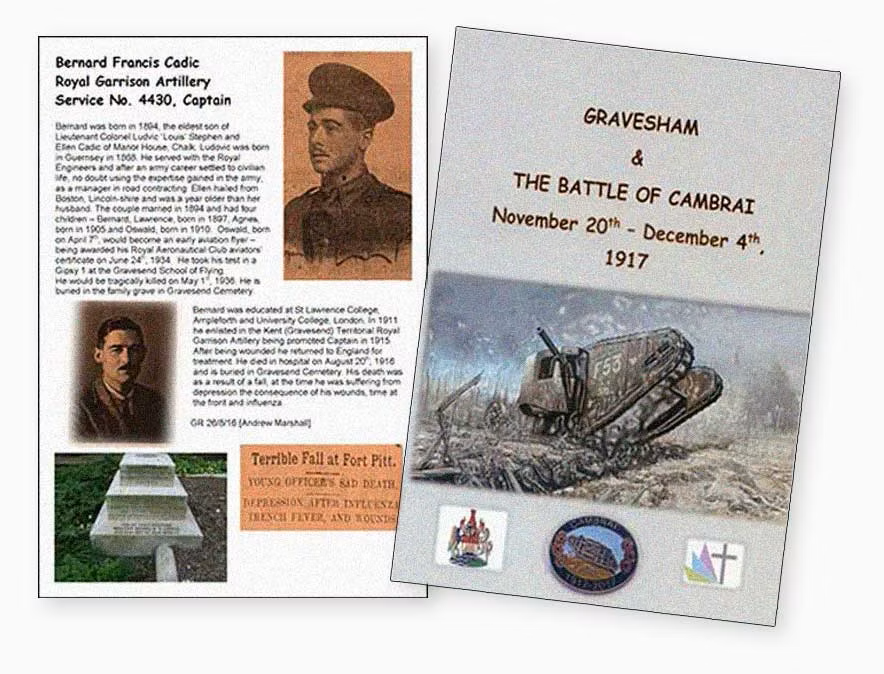Applications for the Thirsk Prize
Awarded to a dissertation judged to be a major contribution to the history or archaeology of Kent.
Applications for the Hasted Grant Fund
Provides authors of successfully completed doctoral theses on the archaeology or history of Kent with grants towards the cost of publishing it in book format.
Applications for the Allen Grove Local History Fund
Promotes research, preservation and enjoyment of local history in the ancient County of Kent.
Applications for the Ian Coulson Annual Bursary
Bursary open to teachers in both primary and secondary schools to develop classroom resources based on Kent’s local history and/or archaeology.
Applications for Fieldwork and research grants
The Fieldwork Committee considers applications for grants for fieldwork/research in Kent.
Investigating the history of Sittingbourne; A Local History Study for Key Stage 2
These materials are based upon a local history study, supported by the Ian Coulson Bursary, which was developed at Minterne Junior School, Sittingbourne by Eleanor Dawes in 2021-2.
Investigating aspects of the history of Kent; A teaching and learning resource for schools
These resources were developed by Sarah Martin, Director of Humanities at The Archbishop’s School, Canterbury with funding from the Ian Coulson Annual Bursary.
Investigating the impact of World War l on your locality; A teaching and learning resource for schools
This teaching and learning resource was produced by Year 9 students and staff at St John’s RC Comprehensive School, Gravesend with funding from the Ian Coulson Annual Bursary.


